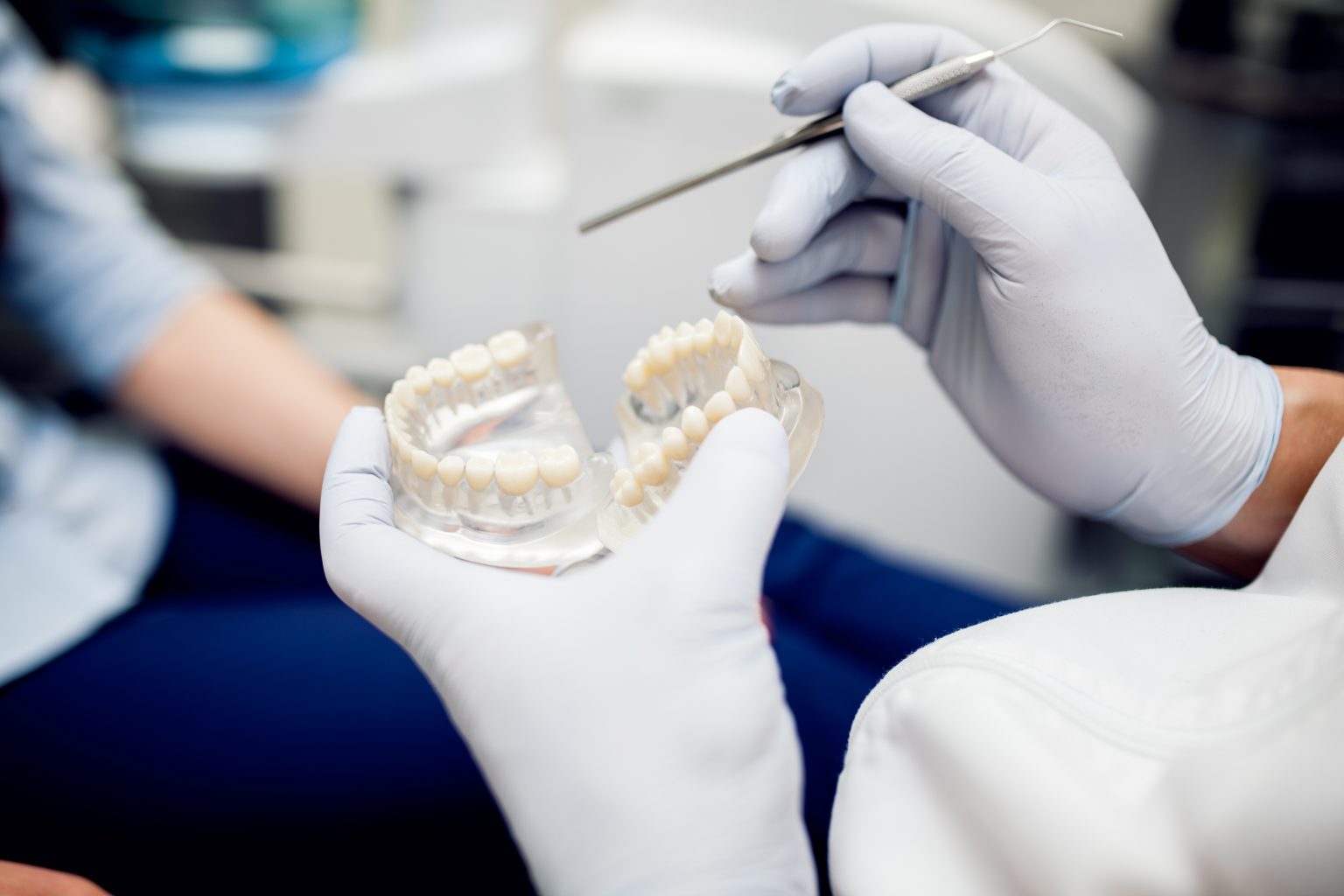Overview
Full flexible dentures are becoming more and more well-liked as a tooth replacement alternative because of how comfortable and versatile they are. For those looking for a more comfortable option than regular dentures, they are perfect. Furthermore, removing teeth in preparation for dentures is an essential step in guaranteeing a good fit. Common inquiries concerning tooth extractions for dentures as well as flexible dentures are covered in this FAQ guide.
Full flexible dentures: what are they?
In comparison to typical acrylic dentures, full flexible dentures fit more comfortably since they are composed of a pliable, lightweight material. With greater flexibility and comfort, these dentures can move and conform to the contours of the mouth.
- Materials: The thermoplastics based on nylon are typically used to make flexible dentures because they allow the material to stretch instead than breaking under pressure.
- Comfort: They are simpler to use for extended periods of time and are less prone to produce uncomfortable places in the mouth due to their softer base.
What distinguishes complete flexible dentures from conventional dentures?
Full flexible dentures and conventional acrylic dentures differ mostly in the material:
- Conventional dentures are composed of plastic and are stiff, which can occasionally feel heavy or uncomfortable.
- Flexible dentures are more pleasantBecause they adapt to the gum line and are more accommodating when moving during activities like eating or speaking.
How are teeth extracted for dentures made?
When teeth are too decaying or broken to be fixed, extractions are frequently required in order to make dentures. In order to provide space for dentures, the remaining natural teeth must be extracted.
- Consultation: A dentist will assess your oral health and make the determination of which teeth require extraction.
- Extraction: Under local anesthetic, the teeth are extracted in a reasonably straightforward surgery. In certain cases, several teeth are extracted in a single visit.
- Gum healing is a prerequisite for denture fitting following extractions. Depending on the person, the healing process may take a few weeks or several months.
How long is the denture-wearing period following tooth extraction?
After teeth are extracted for dentures, the recovery period can last six to twelve weeks. For the dentures to fit correctly, the gums must recover and shrink during this period. After the teeth are pulled, immediate dentures may be inserted in certain situations; however, as the gums recover, changes may be necessary.
Are people who wear complete flexible dentures a good fit?
Although many people find full flexible dentures to be a terrific solution, they may not be ideal for everyone. Individuals who require additional stability or have significant bone loss in their jaws may find that regular dentures or dentures backed by implants work better for them.
- Pros: Less irritability than traditional dentures, comfort, and low weight.
- Cons: Might not offer as much bite strength as conventional long-term.
How much do complete flexible dentures cost?
The dentist, the area, and the materials used all affect how much complete flexible dentures cost. They cost, on average, $400 to $1,500 for each denture. Although they may cost more than conventional dentures, many patients think the extra comfort and flexibility make the price worthwhile.
Does having teeth extracted for dentures hurt?
Due to the use of local anesthetic, extraction of teeth for dentures is typically not painful. You can use over-the-counter pain medicines to treat any soreness or discomfort you may have after the surgery. To guarantee appropriate recovery following an extraction, the dentist will provide instructions.
What advantages may complete flexible dentures offer?
The following are the main advantages of complete flexible dentures:
- Enhanced comfort: They are more pleasant to wear every day due to their flexible material.
- Improved fit: They reduce irritation and discomfort by fitting the mouth’s natural contours.
- Durability: Compared to acrylic dentures, flexible dentures are less likely to break.
In summary
Making the decision to have your teeth extracted for dentures versus getting complete flexible dentures is a big step in your dental journey. Many people prefer full flexible dentures because they provide a more accommodating and pleasant option. However, careful thought and expert guidance are needed during the tooth extraction procedure and the denture fitting that follows. To find the best solutions for your lifestyle and dental health, speak with your dentist.

